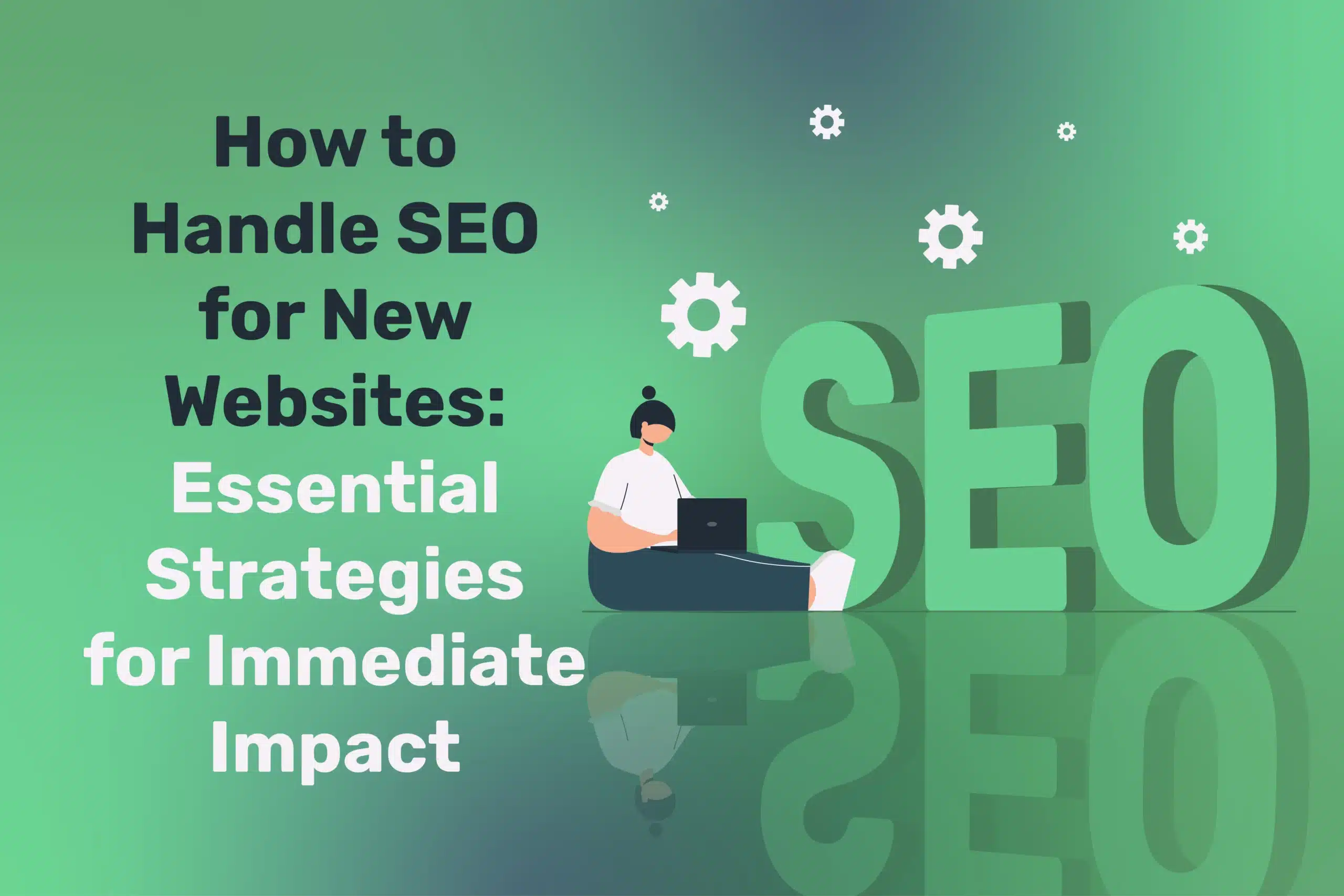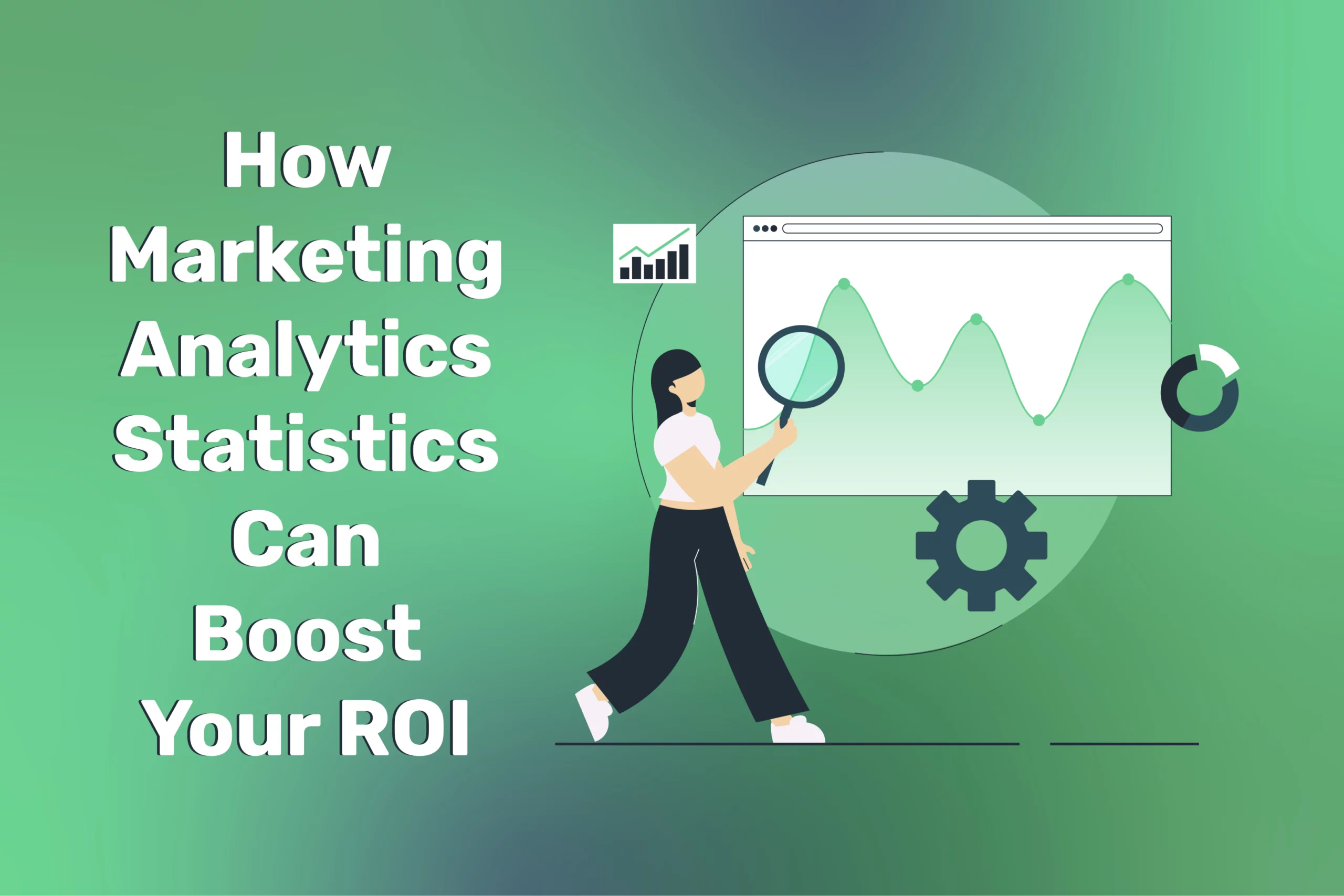
Global Events Impacting Business: Key Changes & Strategies
Table of Contents
Business Strategies have improved impressively throughout the past century. Especially during the last decade, how business is done and startups enter the market has rapidly changed. This rapid change, sometimes yearly or even monthly, is due to significant events worldwide. Today, the whole world is interconnected due to globalisation. Companies seek to be global companies to gain the highest market share.
Important Definitions

Before listing the main events that changed the shape of business worldwide, let’s review some essential definitions.
What is Globalisation?
Globalisation means viewing the world as one connected market rather than a separate, independent one. Companies must adapt to different cultures and adopt a flexible approach to updating their strategies to succeed in this era. The risk of entering a global market is high, but the revenues are incomparable if it booms.
Some risks include fast-growing technology that differs from one company to the other, human power and wage rates that affect employment, cultural differences that require extensive market research and adaptation, and political, economic and social changes due to different events that affect the world. The major events, which are this article’s main focus, are interconnected worldwide. What happens in one country affects another in a different part of the globe. Thus, flexibility, adaptation, and forecasting are essential for every global organisation.
What is an event?
An event is an essential social, political, educational, scientific, or natural occurrence that affects a wide range of people voluntarily or involuntarily. They occur either planned or unplanned and influence the reaction of affected parties. Thus, by definition, they affect business, whether in the short term or the long term, depending on the type and level of influence this event had on local, international, or global markets.
What is a global market share?
It is the company’s percentage of revenue, market cap, total liabilities, total debt, and other indicators compared to other global companies. According to 2021 statistics, the US has the most significant number of companies in the top 100 worldwide. Apple Inc. is on top of the list with a market capitalisation of nearly 2640 billion dollars.
Major Global Events Affecting Global Business During the Past Decade
Sudden global events, whether pandemics, political changes, environmental challenges, or social movements, affect how business works extensively. Forecasting and adapting accordingly is a challenge for business strategists. Let’s review some examples and investigate how they affect business today.
COVID-19 Pandemic
Of course, we were all affected by the 2020 pandemic outbreak. But how did it reshape the business?
Just to recap, the pandemic forced the world to stop. People were forced to quarantine and engage in extreme social distancing behaviours, causing an atmosphere of fear and uncertainty. Companies that could not adapt to the new usual way of life were forced to terminate many employees or even go out of business. This caused a global unemployment rate, which added to the life-threatening conditions the people had to endure.
Companies were forced to implement new strategies, work from home, and apply social distancing and sanitising measures. In addition to technological advancement and securing the highest revenues and market share, companies managed to survive with recoverable losses. On the other hand, new startups and small organisations suffered.
Of course, being forced to work remotely proved the ability to do business from the comfort of being at home. Companies realised that the future is working from home, which ultimately reduces costs.
Developing countries were forced to accelerate their plans for digital transformation. Egypt, for example, though not ready with capable infrastructure, made an effort to provide remote access, especially in the education sector. This step was necessary as the decision-makers could not risk putting children in danger, especially amidst the hospital crisis, the shortage of staff, and the lack of vacant spaces to serve patients.
Expo 2020 Dubai from 1 October 2021 to 31 March 2022
Expo Dubai is a large international exhibition postponed from 2020 to 2021 due to COVID-19. Under the slogan “Connecting minds, creating the future”, the exhibition was between Dubai and Abu Dhabi in the United Arab Emirates. It featured more than 192 Pavilions representing different countries. An exhibition that had an unprecedented impact on the host country and other beneficiaries’ businesses. Involved expo stand builders constructed attractive, engaging displays for countries and sponsors to maximize participating values. The United Arab Emirates stock market increased due to the number of people visiting the country, reaching over 25 million visitors to the Expo. It exemplifies how a properly planned and organised occasion can affect a country’s business and market share.
Surging Inflation and Rising Interest Rates (2023–2024)
Rising inflation has been a significant global market event affecting developed and emerging economies. In many countries, central banks responded with consecutive interest rate hikes to tame increasing consumer prices. This move has had widespread implications:
Implications for Individuals
- Increased Cost of Living: Everyday essentials like groceries, energy bills, and rent became more expensive, eroding disposable income and forcing consumers to prioritise necessities over discretionary spending.
- Higher Borrowing Costs: Monthly repayments for individuals relying on mortgages, car loans, or credit cards increased. This can lead to reduced savings and greater caution with personal spending.
- Shift in Saving Habits: Saving accounts can offer better returns with higher interest rates, motivating some individuals to save more or defer large purchases until inflation stabilises.
- Reduced Consumer Spending: As living costs rise and disposable incomes shrink, consumer demand for non-essential goods and services tends to drop. This forces many businesses to revise sales forecasts and marketing strategies.
- Increased Operating Expenses: Businesses face higher costs for raw materials and utilities. Companies relying heavily on global supply chains may also experience currency fluctuations and shipping delays, further squeezing profit margins.
- Tighter Access to Capital: With interest rates increasing, business loans become more expensive. Startups and SMEs, in particular, may find it challenging to secure affordable funding, limiting their ability to invest in growth initiatives.
- Strategic Adaptations: To combat inflationary pressures, many organisations have turned to cost-cutting measures, pricing adjustments, or diversification of suppliers. Some also focus on value-added products or services to maintain customer loyalty despite price hikes.
Why It Matters
Surging inflation and rising interest rates underscore the importance of scenario planning. Companies anticipating and adapting to macroeconomic shifts often fare better during volatile periods. For individuals, budgeting and debt management become crucial to mitigate financial strain. Overall, this market event reinforces the interconnected nature of global economies, highlighting how changes in one region’s monetary policy can ripple worldwide, influencing personal finances and broader business strategies.
United Nations Sustainable Development Goals (SDGs)

The 17 SDGs goals announced by the UN that focus on three interconnected pillars, Social, Environmental, and Economic, made a huge shift in global business strategies. It is about the responsibility of decision-makers and individuals to the environment to save resources for future generations. Going Green is a crucial entity to adhere to in any company. It was a revolutionary agreement. Finally, it was realised that preserving the environment and supporting developing and least developed countries are interconnected and do not only depend on improving the environmental related research and solutions. Because the element of the climate alone only solves one-third of the problem.
Recent Global Climate Agreements and Sustainability Trends (2023–2024)
In line with the United Nations Sustainable Development Goals (UN SDGs), recent climate agreements have emphasised more ambitious emissions reductions and strengthened accountability measures. During COP27 (2022) and moving into COP28 (2023), nations agreed on frameworks for climate finance to support developing countries and reinforce collaborative efforts toward net zero.
Key Corporate Sustainability Trends
- Enhanced Climate Disclosure: Many businesses are adopting stringent reporting standards, such as the IFRS Sustainability Disclosure Standards (from the International Sustainability Standards Board), to improve transparency and investor confidence.
- Decarbonised Supply Chains: Companies are increasingly tracking the carbon footprint of their suppliers and logistics networks, with some opting for science-based targets to meet specific reduction goals.
- Circular Economy Initiatives: From packaging reuse programmes to waste-to-energy projects, circular economy models are becoming a competitive advantage by cutting costs and appealing to eco-conscious consumers.
- Integrated ESG Strategies: Environmental, Social, and Governance (ESG) considerations are now tightly woven into long-term business strategies, influencing everything from product development to investor relations.
These developments reflect a growing recognition that sustainable business practices are vital for planetary health and commercial resilience. Aligning with the UN SDGs isn’t just a matter of compliance; it’s also an opportunity for innovation, risk mitigation, and strong brand positioning in a rapidly evolving market.
“Those who contemplate the beauty of the earth find reserves of strength that will endure as long as life lasts. There is something infinitely healing in the repeated refrains of nature — the assurance that dawn comes after night, and spring after winter”
Rachel Carson, Silent Spring
Brexit
In January 2021, the United Kingdom officially ceased to be one of the European Union countries. As a result, the United Kingdom’s business and trade borders were highly affected. They were forced to follow new rules that were not there before under the European Union’s policy. This created a challenging situation for every affected party inside and outside the UK.
Social Movements
Social movements addressing human rights related to ethnic background or gender greatly affect the success of any global business. Business decision-makers must avoid any controversial or offensive issues addressed worldwide to succeed in a global institution. Companies regularly announce their stance for equal chances and unbiased orientation on their official platforms.
The Black Lives Matters Campaign
The 2013 Black Lives Matter Campaign in the United States is one of the most important movements. The campaign focused on the fight against racism. They voiced their frustration against the injustice inflicted upon black people, especially by the authorities in the United States.
The term began as a social media hashtag that went viral after the death of Trayvon Martin in Florida. Martin was a 17-year-old kid who a neighbourhood watch volunteer shot. The campaign attracted lots of supporters after the unjust killing of several black people by policemen in the U.S.
“Me Too” Campaign
Another social movement is the Me Too Campaign, founded by activist Tarana Burke in 2006. It focused on shedding light on the sexual harassment issue and how common and regular it happens.
“When your life is forever changed by sexual violence, where can you turn? Who can help you? What are the words you need to hear most?”
Tarana Burke.
“He for She” Campaign
One final example of a social movement is the He for She campaign, launched in the United States in 2014. The movement focuses on gender rights issues and how inequality actions affect the whole community socially, politically and economically. This movement also adheres to one of the UN SDG goals mentioned in this article.
As can be seen, building a business strategy for your company has become very challenging. Business owners need to focus on business, study markets, and stay updated with recent global events. Whether these events are political, environmental, or social, they must be considered to avoid conflict in the market.
FAQs
How do major events affect different industries?
Major events—pandemics, political upheavals, or social movements—can cause sudden shifts in consumer demand, supply chain logistics, and regulatory requirements. For instance, during a health crisis (like COVID-19), travel and hospitality often suffer sharp declines due to restrictions, while e-commerce and remote working solutions see rapid growth. Each industry faces unique pressures and opportunities, so companies in any sector must remain agile and ready to adapt their strategies.
What is the impact on business today?
Today’s business environment is shaped by increasing global interconnectivity. A single political or economic event in one country can ripple across global supply chains and markets. This means businesses must quickly monitor international trends, adjust their operations (such as sourcing strategies or market entry plans), and implement risk management practices—like scenario planning or diversification—to stay competitive and resilient.
Which global events have influenced business strategies the most in the past decade?
Events such as the COVID-19 pandemic, Brexit, and the rise of social movements (e.g., Black Lives Matter) have prompted businesses to rethink everything from organisational structures to marketing strategies. Companies that can pivot quickly—embracing digital solutions, remote work, and inclusive branding—tend to fare better during periods of rapid change.




